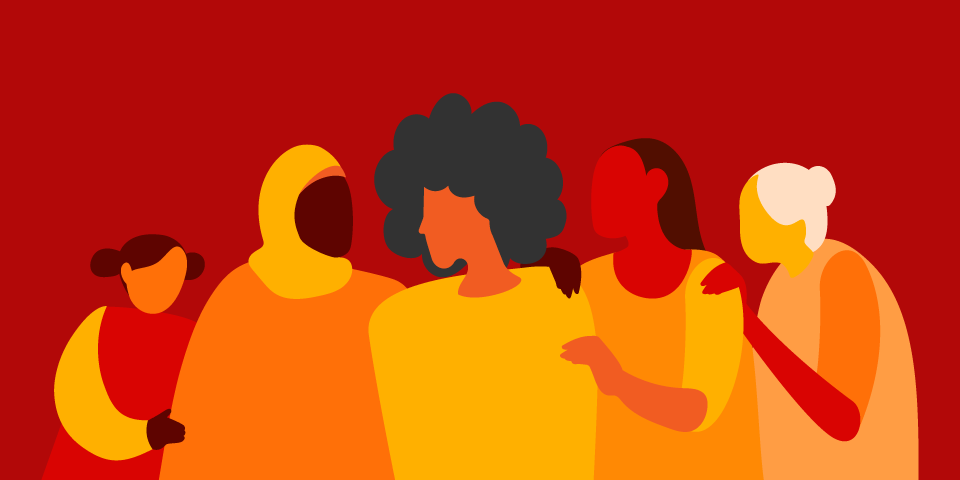UN To Change Family Courts To Safeguard Women And Children

A UN rights expert has urged urgent changes to family court systems around the world to protect women and children from the damaging impacts of abuse and violence during custody disputes. Reem Alsalem, the UN Special Rapporteur on Violence Against Women, brought attention to the serious problem by highlighting how the pervasive gender bias in family courts is resulting in extremely harsh and upsetting circumstances for women and children. In a report submitted to the Human Rights Council in Geneva, Alsalem stated that it is unacceptable for family courts to ignore the history of domestic violence and abuse in cases involving custody, especially when mothers and/or children make credible claims of domestic abuse, such as coercive control, physical or sexual abuse. She criticised the prevalent inclination to ignore such evidence and brought attention to the fact that joint custody or parental power is frequently granted as the default decision, regardless of the child’s point of view.The Special Rapporteur also expressed concern about the failure of child custody processes to adopt child-sensitive approaches that prioritize the best interests of children. Alsalem emphasized that making custody decisions based on claims of parental alienation without adequately considering the child’s views could undermine the child’s resilience and expose them to lasting harm.
Alsalem stated in a report to the Human Rights Council in Geneva that it is unacceptable for family courts to disregard the history of domestic violence and abuse in custody cases, particularly when credible allegations of domestic abuse, including coercive control, physical or sexual abuse, are brought forward by mothers and/or children. She criticized the prevailing tendency to dismiss such evidence and highlighted that shared custody or parental authority is often granted as the default ruling, regardless of the child’s perspective. The Special Rapporteur also expressed concern about the failure of child custody processes to adopt child-sensitive approaches that prioritize the best interests of children. Alsalem emphasized that making custody decisions based on claims of parental alienation without adequately considering the child’s views could undermine the child’s resilience and expose them to lasting harm. The report further pointed out that minority women face additional obstacles when accused of using “parental alienation,” including limited access to justice and negative stereotypes.

According to the expert, the effects of unfair custody decisions can be severe and lasting for those affected, resulting in a cycle of violence before and after separation. In addition, despite being false and unscientific, the idea of parental alienation is nevertheless accepted and established in legal systems in many different countries, especially among those who are tasked with informing family courts on what is in the best interests of the kid.The research by Alsalem included suggestions for how states and other interested parties might deal with the long-term damage done to people, families, and society. She emphasised the requirement for the international community to strengthen its “collective conscience” in light of the multifaceted forms of violence that many mothers and children encounter inside family court systems. safeguarding women’s and children’s rights